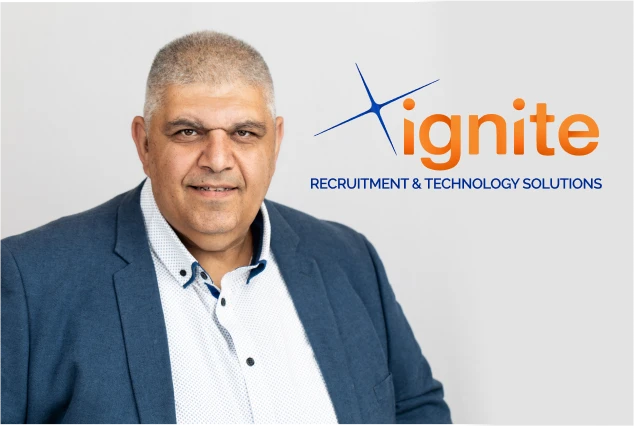Understanding Negative Vetting Level 1: Process, Requirements and Roles in Australia
When it comes to safeguarding classified information and critical resources, the Australian government employs a rigorous screening process known as Negative Vetting Level 1 (NV1). NV1 is a security clearance level within the Australian Government Security Vetting Agency's (AGSVA) framework, designed to assess the honesty, trustworthiness, maturity, tolerance, resilience, and loyalty of individuals seeking government positions with access to top secret information and resources. In this article, we will explore the significance of NV1 and its role in ensuring a suitable security clearance for government job applicants. Understanding Negative Vetting Level 1 (NV1) Negative Vetting Level 1 is a security clearance level essential for government job positions that involve handling classified information and accessing resources up to and including classified and secret. Sponsored by the Australian government, NV1 is administered by the AGSVA, the country's official government security vetting agency. The clearance process involves a comprehensive evaluation of an applicant's background, character references, employment history, financial and criminal records, and their overall suitability to hold a security clearance. The Role of NV1 in Safeguarding National Security Protection of Classified Information: Negative Vetting Level 1 plays a crucial role in safeguarding classified information from unauthorized access or disclosure. By subjecting security clearance holders to stringent background checks, the government ensures that only individuals with the highest level of integrity and trustworthiness are entrusted with classified and secret information. Continuous Review Process: To maintain the integrity of the security clearance, NV1 undergoes regular reviews and assessments. Security officers from the AGSVA review clearances at regular intervals to ensure that individuals still meet the required standards of honesty, trustworthiness, maturity, tolerance, resilience, and loyalty. Australian Citizenship Requirement: NV1 clearance is available only to Australian citizens, emphasizing the government's commitment to entrusting sensitive roles solely to individuals with a strong allegiance to the country. Significance of Negative Vetting Level 1 for Government Job Seekers Enhanced Employment Opportunities: Possessing an NV1 clearance expands employment opportunities within government departments that require individuals to handle classified and secret information. It demonstrates the candidate's eligibility for positions demanding a security clearance level and highlights their commitment to upholding national security. Trust and Public Confidence: By adhering to a comprehensive vetting process, the Australian government strengthens public trust in its recruitment procedures. The inclusion of NV1 ensures that individuals in sensitive government roles have undergone stringent background checks, fostering public confidence in the protection of classified and secret information. Negative Vetting Level 1 (NV1) is a crucial aspect of the Australian government's commitment to safeguarding classified and secret information, critical resources, and national security. The vetting process administered by the Australian Government Security Vetting Agency (AGSVA) ensures that candidates seeking government positions with access to classified and secret information possess the necessary qualities of honesty, trustworthiness, maturity, tolerance, resilience, and loyalty. By implementing NV1, the government emphasizes its dedication to maintaining a secure environment while providing enhanced employment opportunities for Australian citizens. Aspiring government job seekers should be familiar with the requirements and implications of NV1 to strengthen their chances of securing positions requiring a security clearance.
Read More




